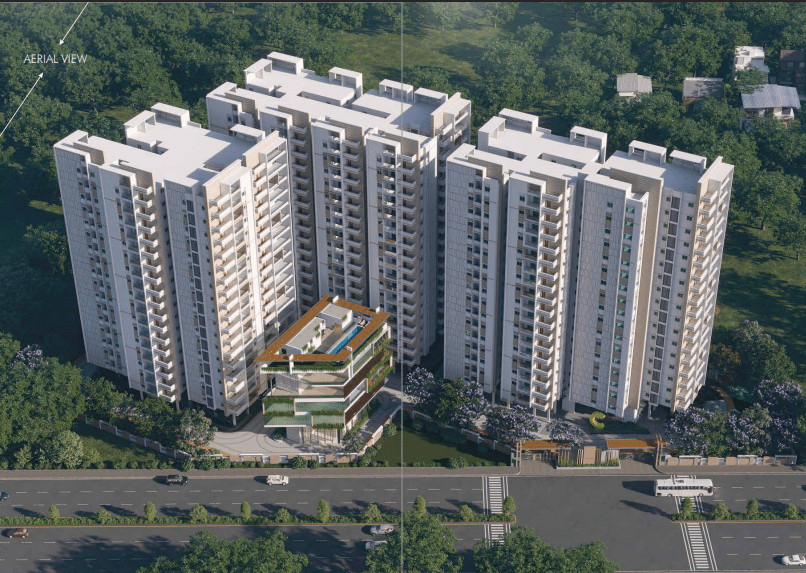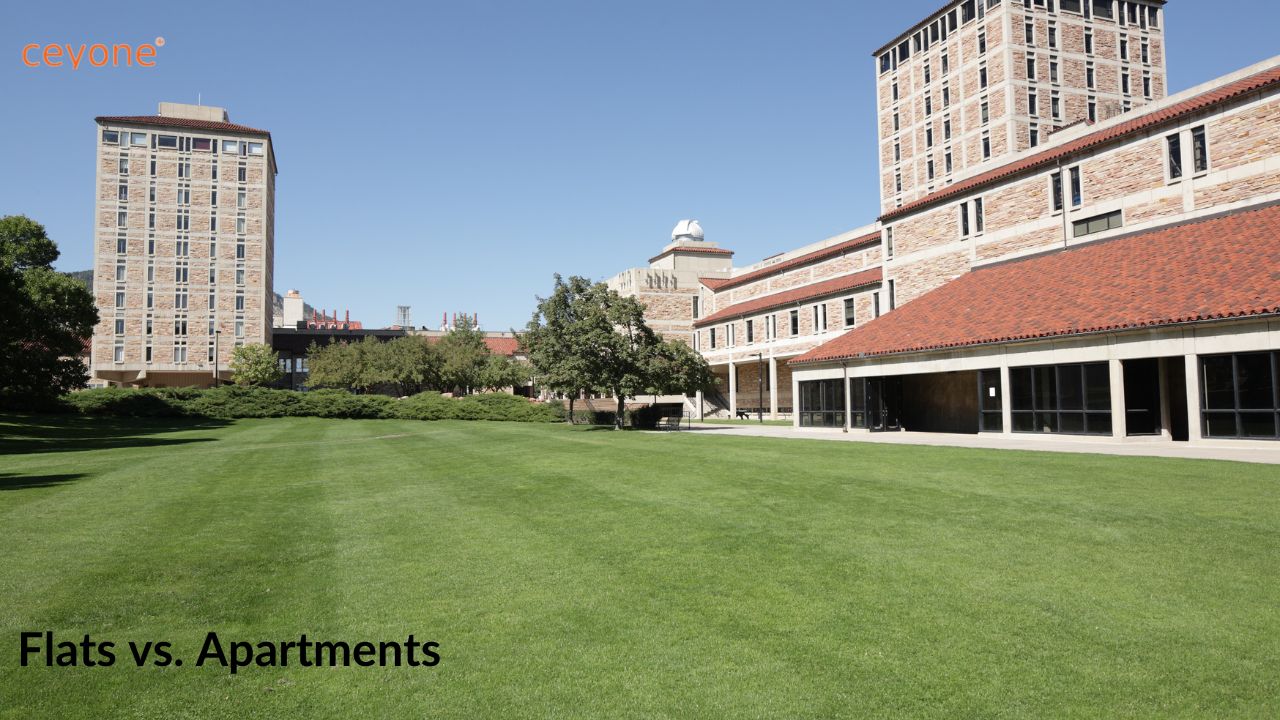7 Surprising Factors That Dramatically Boost Real Estate Value!
Discover 7 key factors that influence real estate value—beyond just location. Learn how curb appeal, upgrades, and smart home features can boost your property’s resale price.
When it comes to selling a home, most people assume that location is everything. And while location certainly plays a big role in determining property value, it’s far from the only factor. In reality, a combination of aesthetics, functionality, and community features can make or break your selling price.
Whether you’re preparing to sell now or planning for the future, understanding what influences resale value can help you make smart improvements that pay off. At Ceyone, we believe informed homeowners make better investment decisions. So, let’s explore 7 important (and sometimes overlooked) factors that can significantly impact your real estate value.
key factors that influence real estate value
1. Curb Appeal
What is it?
Curb appeal is how appealing your property looks from the street. It’s the first impression a buyer gets—whether driving by or scrolling through online listings. It includes landscaping, driveway condition, exterior paint, lighting, windows, and even your front door.
Why it matters:
Homes with strong curb appeal can sell for up to 7% more than comparable homes without it. A fresh, inviting exterior creates the perception that the entire property is well cared for.
Quick tip:
Power wash surfaces, trim overgrown hedges, plant seasonal flowers, and consider painting your front door a welcoming color. These small upgrades can make a big impact.
2. Kitchen and Bathroom Upgrades
What is it?
Kitchens and bathrooms are two of the most high-traffic areas in a home—and they’re also the ones buyers scrutinize most closely.
Why it matters:
Modern, stylish, and functional kitchens and bathrooms not only enhance comfort but signal that the home is up-to-date. Even without a full renovation, small improvements can provide an excellent return on investment.
Quick tip:
Upgrade outdated faucets, swap cabinet handles, replace old lighting, and add a trendy backsplash. These affordable touches can completely transform the space.
3. Energy Efficiency
What is it?
This includes home features that lower utility usage—such as double-pane windows, insulation, smart thermostats, and energy-efficient appliances.
Why it matters:
More buyers today are environmentally conscious and cost-aware. Energy-efficient upgrades can reduce monthly bills, offer tax incentives, and make your property more attractive in a competitive market.
Quick tip:
Install programmable thermostats, use LED lighting, and ensure your home is properly insulated. Highlight these features in your listing to appeal to savvy buyers.
4. Neighborhood Trends and Infrastructure
What is it?
Beyond your property lines, the broader neighborhood plays a huge role in resale value. This includes school quality, crime rates, walkability, new developments, and community amenities.
Why it matters:
Even a beautifully maintained home will struggle to sell if the neighborhood is declining. Conversely, homes in trending or growing neighborhoods often appreciate rapidly.
Quick tip:
Stay engaged with your local community. Keep track of infrastructure projects, new businesses, or zoning changes that might influence value—and mention them in your listing when applicable.
5. Storage Space
What is it?
This covers closets, pantries, garages, attics, basements, and built-in cabinetry—spaces where homeowners store belongings.
Why it matters:
Storage is essential, especially for growing families. A lack of storage can make even a spacious home feel cramped and disorganized, while ample storage enhances functionality and livability.
Quick tip:
Declutter to show off space. Install shelving in underused areas like laundry rooms or closets. Organized, tidy storage areas signal a well-maintained home.
6. Home Maintenance and System Upgrades
What is it?
The condition of major home systems like HVAC, roofing, plumbing, and electrical wiring.
Why it matters:
Buyers don’t want costly surprises after moving in. A home with a clean maintenance history is more likely to pass inspections and close without haggling over repairs or price reductions.
Quick tip:
Keep receipts and records of all major repairs or updates. Consider a pre-listing inspection to identify and resolve issues before buyers discover them.
7. Flexible Living Spaces
What is it?
Rooms or areas that can serve multiple functions—like home offices, workout areas, playrooms, or guest suites.
Why it matters:
Post-pandemic life has changed how we live and work. Buyers now look for homes that can adapt to their lifestyle—whether it’s working remotely, homeschooling, or needing a space for hobbies.
Quick tip:
Stage spare rooms or corners of large rooms to demonstrate versatility. Even a cozy nook with a desk and good lighting can signal the potential for a productive home office.
Final Thoughts
Your home is more than just a place to live—it’s an investment. While you can’t control every aspect of the real estate market, you can take steps to improve real estate value and stand out from the competition. From boosting curb appeal to highlighting flexible spaces, every detail adds up.
At Ceyone, we specialize in helping homeowners prepare their properties for maximum resale value. Whether you’re selling this season or years down the road, our experts are ready to guide you with personalized strategies and industry insight. Contact us today for a consultation.













